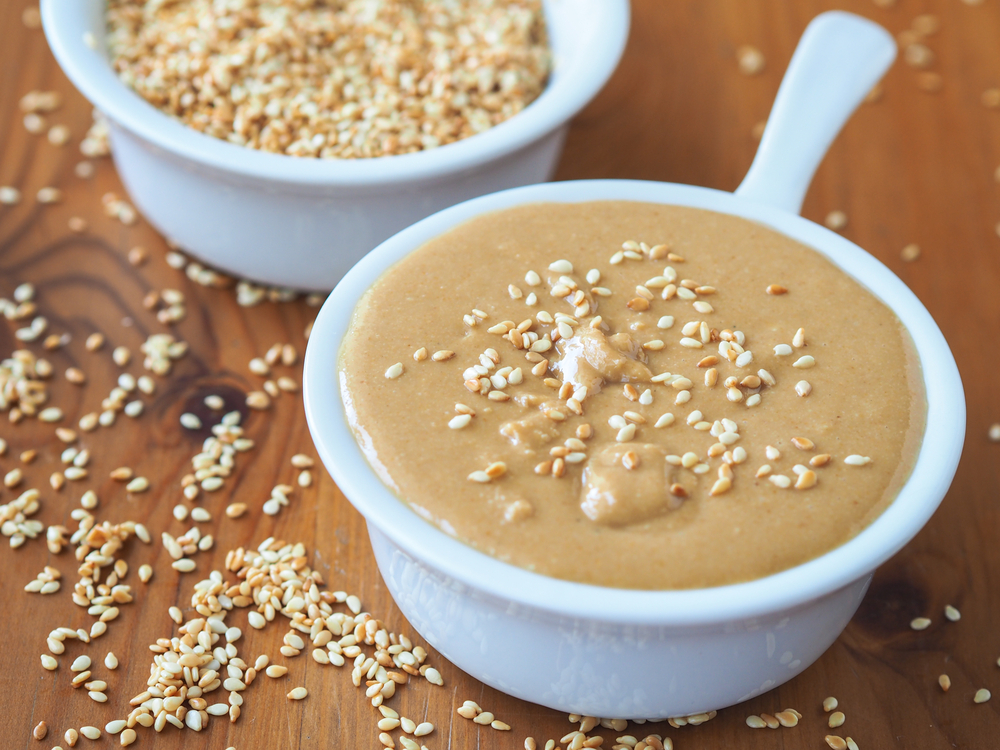Tahini is a great food consumed especially with molasses at breakfast tables. Tahini, a paste derived from sesame seeds, can be used not only for breakfast but also for many dishes.
This food, which has an important place in Asian and Mediterranean cuisine, is known for the flavor it adds to humus. On the other hand, tahini has an incredible contribution to health. Let’s take a look at those benefits.
Very High Nutritional Value
Tahini is a food full of vitamins, minerals and healthy fats. 1 tablespoon (about 15 grams) tahini nutritional values as follows:
- Calories: 90 calories
- Fat: 8 grams
- Protein: 3 grams
- Fiber: 1 gram
- Carbohydrate: 3 grams
- Potassium: 62.1 mg
- Calcium: 63 mg
High Antioxidant Supply
Tahini is at the top of the list of foods containing high antioxidants. Thanks to the antioxidants it contains, it prevents free radical damage in the body. This feature reduces the risk of diseases such as heart disease, some types of cancer and type 2 diabetes.
It’s Preventing Diseases
There are many reasons to add tahini to your nutrition list. One of them is to protect from diseases. Regular consumption of tahini, high cholesterol, type 2 diabetes, reduces the risk of heart disease.
It’s an Anti-Inflammatory and Anti-Bacterial Food
Tahini contains highly anti-inflammatory compounds. With this feature, tahini, lung disease, injury and inflammation alleviates pain. At the same time, tahini has anti-bacterial properties with strong antioxidant content. This food is used to treat wounds in some Middle Eastern and Central European countries.
It Strengthens the Nervous System and the Brain
We said that tahini was made from sesame seeds. Experts say that sesame protects the human brain and nerve cells. Tahini has this characteristic just like Sesame. Studies have shown that sesame can prevent Alzheimer’s formation.
Protecting Livers
Tahini protects the liver from damage. It helps remove toxins from the body. This nutrient, just like the liver helps to protect the kidneys.
In a study with a group of people with type 2 diabetes, part of the group consumed regular amounts of tahini for 90 days. Those who consumed tahini at the end of 90 days were found to have improvements in liver and kidney function, compared with the other group.

